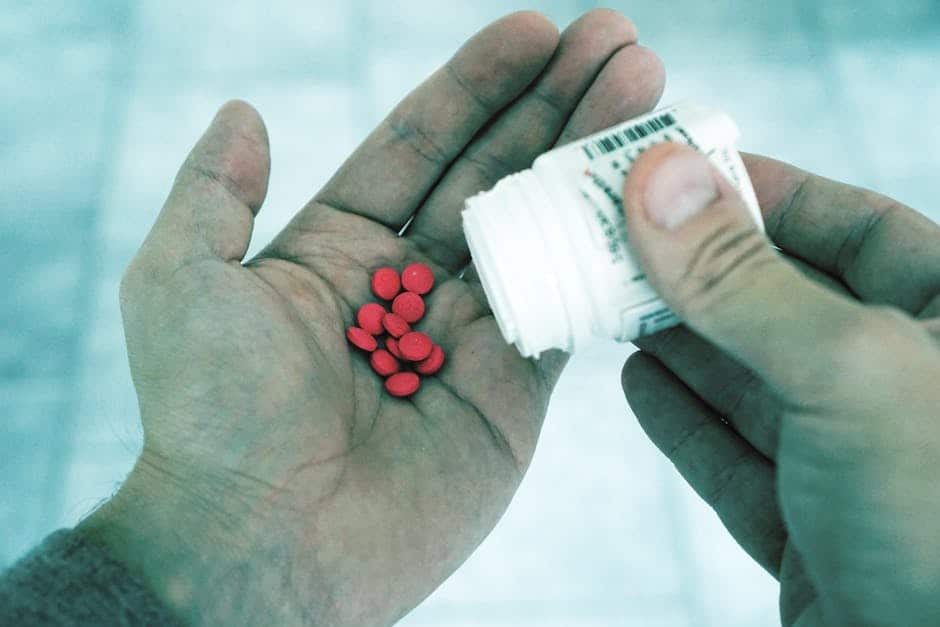
According to one survey, about 15% of people who take ibuprofen exceed the maximum recommended daily dose for this drug.
Commonly sold under brand names such as Motrin or Advil, ibuprofen belongs to a class of medications called nonsteroidal anti-inflammatory (NSAIDs). These drugs are used to help provide relief from a range of different health conditions, from fevers and headaches to stiff joints and body pain.
As it’s sold over the counter and found in most home medicine cabinets, you might consider ibuprofen relatively safe. However, have you ever wondered, “Is ibuprofen addictive?”
The answer is a little more gray than you might expect, so let’s dive in.
What Is Ibuprofen?
Before we cover its addictive properties, let’s take a step back and look at ibuprofen as a medication.
This can be used as a short-term treatment for temporary pain, such as a toothache. Or, some people prefer to take it to manage long-term conditions or chronic pain, including discomfort caused by arthritis or cystic fibrosis. It comes in a few different forms, including:
- Coated tablets
- Chewable tablets
- Capsules
- Liquid medication
What makes it so effective? In short, ibuprofen inhibits the production of substances in your body that cause issues like pain, fever, and inflammation. In addition to branded versions, you can also find generic versions at the pharmacy and online.
As their name implies, NSAIDs do not contain any type of steroid. Rather, steroids are stronger medicines that help your body fight off stress after or during an illness. However, they can provide powerful relief, especially for general pains and body aches.
Patients who need extra-strength ibuprofen often require a prescription to access that medication, though standard-strength ibuprofen is readily available without a prescription.
Is Ibuprofen Addictive?
When we think of addictive medications, most of us think of opioids or prescription medications. A substance as seemingly ordinary as everyday pain medication might not seem like such a threat.
However, this is a common misconception.
In reality, individuals can become addicted to painkillers and the relief they provide. As their body adjusts to the side effects, they find that they have to take more and more of the medication to achieve the same results. In addition to exceeding the recommended maximum dose, they may exceed the daily limit or number of capsules they should consume.
Signs of an Ibuprofen Addiction
Are you concerned that someone you love might have an ibuprofen dependence? Some of the signs and symptoms to look out for include:
- Taking more than the recommended amount of ibuprofen
- Developing a tolerance to ibuprofen
- An inability to successfully stop taking ibuprofen
- Expressing cravings for ibuprofen
Any or all of these could be signs that the person is abusing over-the-counter or prescribed ibuprofen. Without intervention, they could take too much over time, which can lead to an overdose.
Addiction vs. Misuse
Many of the signs of an ibuprofen addiction are similar to ibuprofen misuse. Someone who misuses this medication may not necessarily have a dependence on it, but that is sometimes the case.
An example of misusing ibuprofen would be taking this drug proactively or as a preventative measure. It is not intended as a daily supplement in case you don’t feel well. People who get used to taking it in this way may be more likely to develop an addiction over time as it becomes part of their daily habits.
Signs of an Ibuprofen Overdose
If you know the signs that someone is engaging in excessive anti inflammatory drug use, you can take quick action if you recognize the signs of an overdose. Here are the main symptoms to check for:
- Disorientation
- Blurred vision
- Rapid eye movements
- Slow, shallow breathing
- Chills
- Convulsions
- Nausea
- Vomiting
- Diarrhea
- Low blood pressure
- Blue color around nose, mouth, and lips
- Serious headache
- Weakness
- Coughing or wheezing
Left untreated, a severe ibuprofen addiction can lead to serious, long-term health conditions, such as a heart attack or stroke. It can also cause holes or ulcers to form in an individual’s stomach or intestine, as well as lead to liver or kidney damage. That said, severe poisoning or death from an ibuprofen overdose is very uncommon.
If you or someone you know shows any signs of an ibuprofen overdose, contact your healthcare provider immediately. Note that if you’ve been taking ibuprofen for a long time, then your risk of developing these conditions is markedly higher.
How to Take Ibuprofen Safely
When taken appropriately, ibuprofen is typically considered a safe and effective medication. If you’re worried about misusing it, make sure to follow the instructions on the label (if you’re getting it over the counter) or the dosage guide and directions from your doctor.
If you have any questions when picking up your medication, you can ask the pharmacist or call your doctor for clarification. No matter what, don’t take any more than the recommended daily amount for any over-the-counter medication, including ibuprofen.
It’s also important to consider any other types of NSAIDs you might be taking. Many medications contain NSAIDs, and taking multiple at the same time could increase your risk of an overdose.
Treating an Ibuprofen Addiction
If someone is struggling with an ibuprofen addiction, their doctor might guide them toward mental health treatments that can help them understand more about their behavior, and why they feel the need to take an excessive amount of the medication.
This usually includes different forms of therapy, including cognitive behavioral therapy and trauma-based therapy. They can also help them through the detox and withdrawal process, which can be challenging to handle on their own.
Connect With a Licensed Online Doctor Today
Is ibuprofen addictive? It can be.
This addiction can have a grip on someone’s life, but there are treatments available to help. One of those is medication-assisted treatment, or MAT. This usually involves the use of a medication called Suboxone that can help curb the painful side effects of withdrawal and detox.
If you’re struggling with prescription medication addiction, reach out to Recovery Delivered today. We’ll help you connect with licensed, experienced doctors who can walk you through each phase of your recovery. Complete our online form to learn more and get started!


